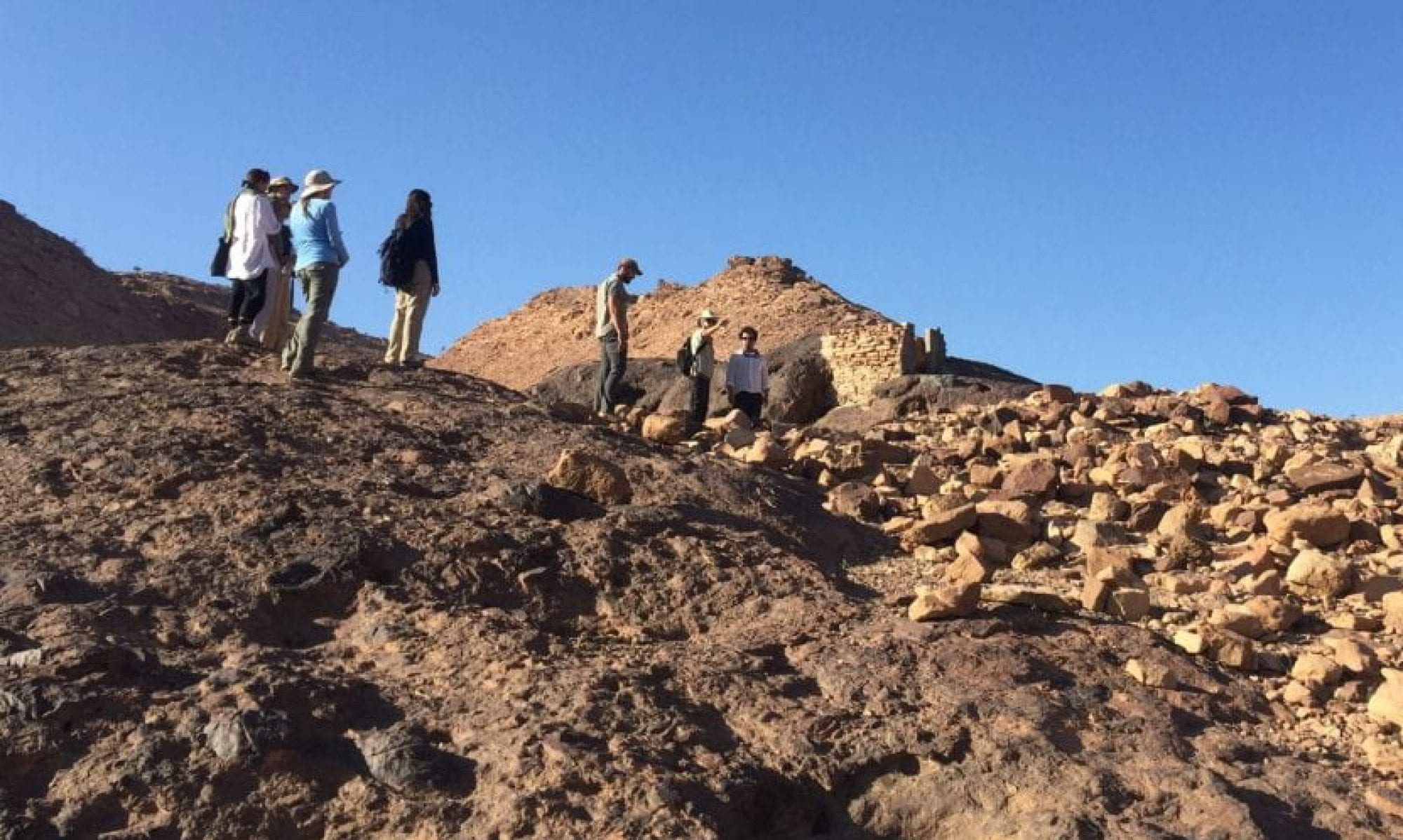 Ancient Studies, a long-standing program at Brown, has been re-envisoned as the Program in Early Cultures (PEC). The goal of BIG: Monumentality and Meaning in the Ancient World is to further Professor Kurt Raaflaub’s mission of energizing comparative studies of human phenomena in the ancient world, an area which we define broadly as complex, generally literate societies of the both the Old and New Worlds.
Ancient Studies, a long-standing program at Brown, has been re-envisoned as the Program in Early Cultures (PEC). The goal of BIG: Monumentality and Meaning in the Ancient World is to further Professor Kurt Raaflaub’s mission of energizing comparative studies of human phenomena in the ancient world, an area which we define broadly as complex, generally literate societies of the both the Old and New Worlds.
The event will take place on Saturday, February 26th, at the Joukowsky Institute for Archaeology and the Ancient World, on the Brown campus in Providence, Rhode Island. A keynote event, highlighting the work of faculty and students associated with the Program in Early Cultures, will take place on the evening of Friday, February 25th.
Monumentality — a phenomenon emerging from the intersection of social memory and imposing scale and elaboration, existed in various forms in all complex societies in the ancient world. We hope to explore the balance between cross-cultural monumentality and historically particular memory, and the relation between size and commemoration in past monumental thinking. Monumentality is chimerical in a sense: it exists as an empirical reality of dimension, but its relationship to cultural traditions comes in many diverse forms. In other words, not everything big is a monument, and not all monuments are big.
This cross-disciplinary symposium seeks to address monumentality and meaning in the ancient world, with notable scholars in the fields of anthropology, archaeology, classics, and art history. The papers in the symposium will address complementary case studies of ancient monumentality – with a specific focus on art, architecture, and texts. The product will be a clarified understanding of the similarities and differences in the emergent social, political, and ideological significance of monumentality in the ancient New and Old worlds.
After an introduction on “Big Thinking,” five speakers will explore the themes of “Big Landscapes,” “Big Plans,” “Big Buildings,” “Big Texts,” and “Big Meanings.” You can find the line-up on the Speakers page.
We hope to end the day with a roundtable discussion, followed by a more informal reception for individual conversations. In addition, a graduate student discussant will follow each speaker’s contribution.
If you have any questions regarding the conference, please contact James Doyle or Sarah Craft.
